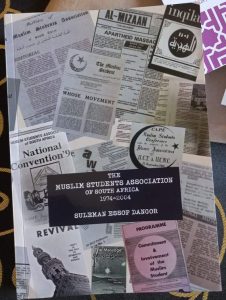
Umm Muhammed Umar
A fascinating new book tells the story of the Muslim Students Association of South Africa. Radio Islam spoke to the author Professor Suleman Dangor, an Emiratis Professor at the University of KwaZulu Natal School of Religion. The book, titled ‘The Muslim Students Association of South Africa’ has been freshly released, having been published in 2021. It tracks the history of the MSA from 1974 to 2004. The book, however, goes beyond those dates, to examine what shaped the creation of the new student’s association, even prior to 1974, and it also looks briefly at events after 2004.
Professor Dangor said that the first meeting took place at As Salaam Educational Institute. Dr Ahmed Sattar, from the United States, was present. Professor Dangor said, “Now, I know they have MSA in United States. It’s been established much earlier, and MSA United States wanted to establish MSA branches or chapters throughout the world.” Dr Sattar had heard about a Cape Muslim Students Association, established in 1969, resulting in students from various campuses being invited. Dr Sattar suggested a national body of Muslim students be established. Sheikh Hanif Hendricks was the major driver behind MSA. He had been to a conference in Tripoli, Libya, on the invite of Muammar Ghaddafi. He also came to the conclusion that a national body had to be established. Professor Dangor said, “So in January of 1974, when they had the inaugural meeting in Cape Town. I was not present at that particular meeting. But there were students from Durban and Johannesburg at that meeting. And so, the MSC was launched in 1974, January, in Cape Town.” He added, “So, we established chapters in Johannesburg and in Durban, and I became the chapter director for Natal.” Prof Dangor remained the director for two years. He said that, now, there were around 20 MSA branches on various campuses across South Africa. This was the humble beginning of the MSA way back in 1973 – 74, and Prof Dangor says he was “there right at the beginning.”
Professor Dangor maintained a close relationship with students. After 1994, however, things changed when the Department of Islamic Studies closed down. Then, in 2003, some students in Johannesburg decided to establish the MSA Union. He said, “And so I decided to go up to the establishment of the MSA union, and stopped there, because I really didn’t have much contact with students after that, and I didn’t have much (more) information to include in the book.”
The book became important to Prof Dangor as there was not a single publication on the MSA. He said that there were publications on Muslim organizations, in Cape Town, Durban, and Johannesburg, but not a single one, on the MSA, and yet the MSA has been in existence from 1974. He said, “There’s not a single article, not a single chapter anywhere, so even if you Google ‘MSA’, you get nothing, really.” The fact that barely any information was available to the public was what spurred the professor on to write the book. Prof Dangor had a good sense of the students. organization because he had been on campus, in many, many meetings, and had spoken with countless students. students are talking to them. He said, “that’s why when I started writing it, it was not difficult for me to understand what the students were thinking, and what they were saying.” Further, he had been collecting some brochures and publications and so on. He said, “So I had my own collection, but when I looked at it, I said, (with) this total like I can probably get 20 or 30 pages.” He then contacted some of his colleagues. Sheikh Hanif Hendriks had kept newspaper clippings, letters, brochures, and publications, and gave Prof Dangor his entire file. The professor said, “And when I looked at this I said, “Ah, this is, you know, this stuff nobody knows about,” you know, it’s private documents, so I think we can go with this, and then that’s when I started.” He also received the private collections from other colleagues around the country. Prof Dangor said, “Now, these collections are not known to the public because they are in the hands of individuals. So, I had to bring out the information into the book. And that’s what I did.” He also interviewed students who were actively involved in MSA, most of whom were from ‘the old guard’. The book took him almost three years to write due to the difficulty in sourcing information, but Professor Dangor is pleased that it has finally been published, saying, “So it’s been a long journey, but I think it was, at the end of it, quite a fruitful journey.”


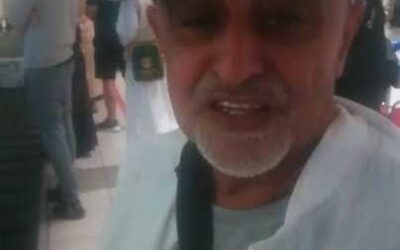
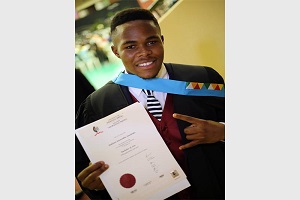
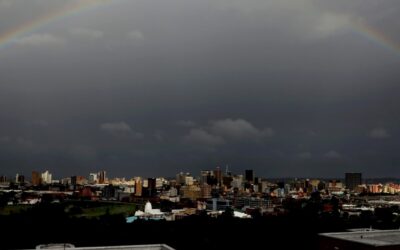
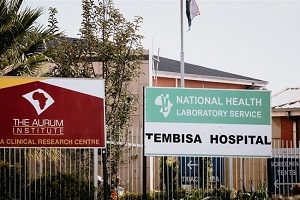
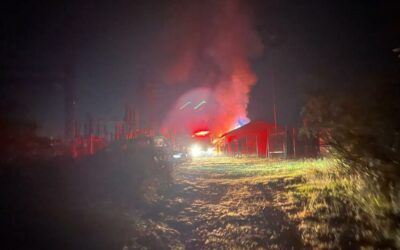
0 Comments